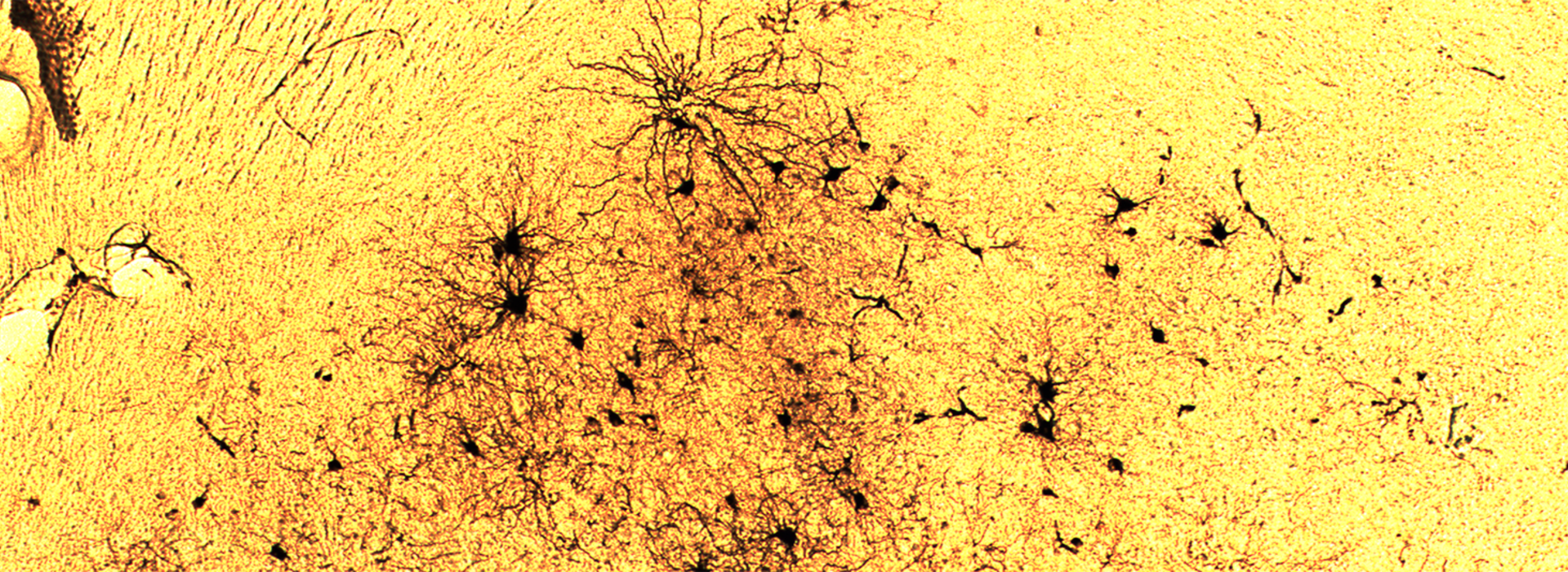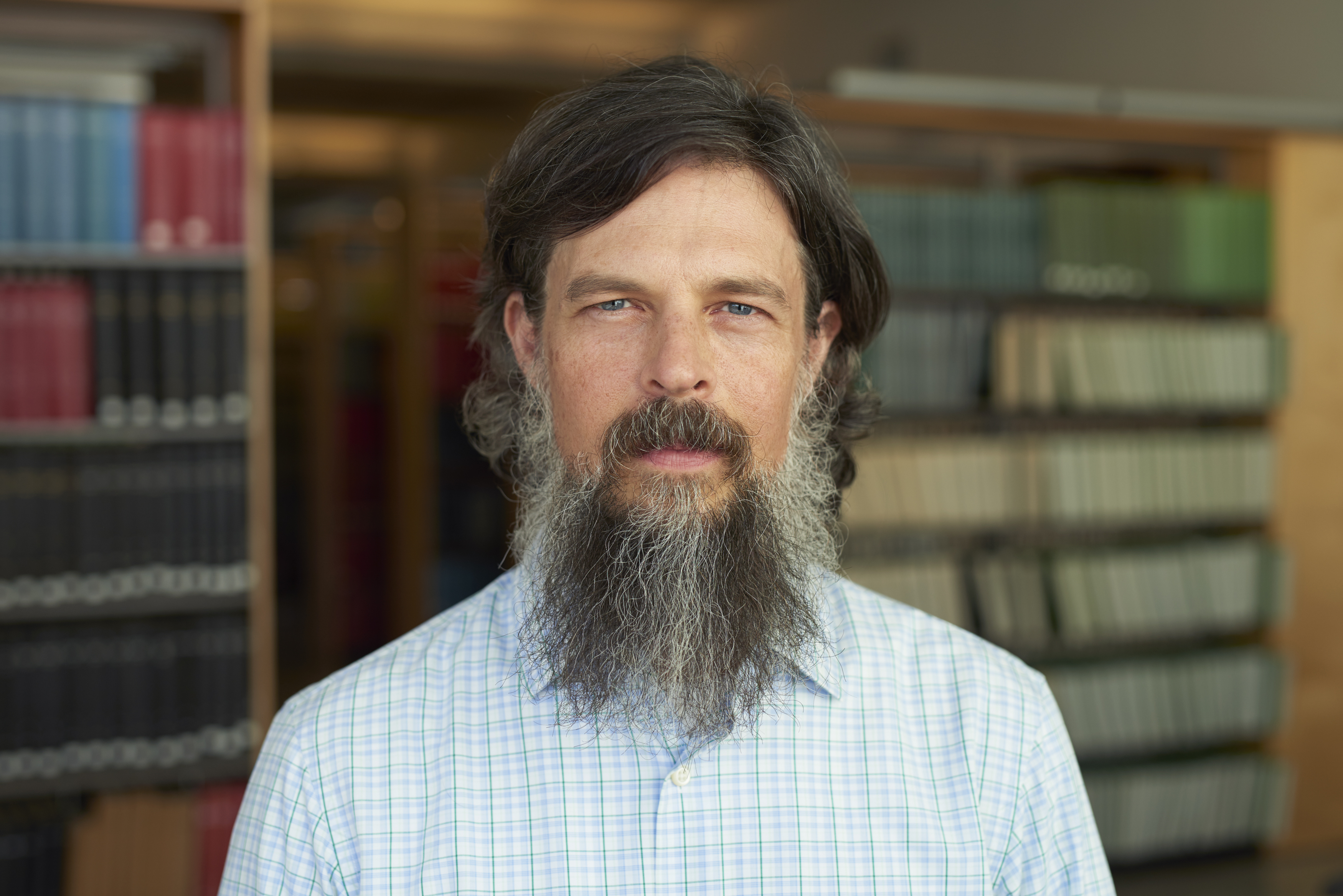
About the MDT on Addiction

Director, Mark Thomas, PhD
Dr. Mark Thomas is a professor of neuroscience. His research examines how addictive drugs alter the brain and how these changes can lead to compulsive drug use. His lab is now focusing on ways to disrupt addiction relapse.
The University of Minnesota's Medical Discovery Team on Addiction is a multidisciplinary initiative within the University of Minnesota’s Medical School to advance research and treatment in the field of drug addiction. The overarching goal of the Medical Discovery Team on Addiction is to link brain-based discoveries to new therapeutic approaches to treat or prevent addiction. The State of Minnesota has appropriated significant funds over ten years (through FY2025) for the Medical School to enhance our capacity to build a world-class, neuroscience-based program for the study and treatment of addiction.
Message from our Director
Thank you for taking the time to learn about our research and discoveries!
The Medical Discovery Team on Addiction comprises a group of exceptional researchers and clinician-scientists working at the intersection of brain science and addiction. We have interdisciplinary strengths in neuroscience, psychiatry, pharmacology, engineering and imaging, and are dedicated to making exciting discoveries that transform the way we view and treat those who suffer from addiction.
Addiction is a chronic, relapsing brain condition, based in the nervous system and characterized by an insatiable compulsion to seek and use addictive substances. As many of us are sadly well aware, the societal problem of addiction is massive. Lives are ruined, and sometimes ended. Addiction devastates not just the afflicted, but also their loved ones, who struggle to help. We desperately need new therapies to prevent or treat addiction and relapse.
Through research, we know that drug exposure can rewire neural circuits responsible for motivation, emotion, decision-making and self-control. We also know that the high rate of relapse is explained in large part by those reconfigurations, and that, for now at least, there are no remedies to undo these drug-induced changes to brain circuitry. Understanding how brain circuits are altered in addiction and recovery is essential to developing new, more effective therapies.
Most importantly, addiction is not a moral failing or character flaw – it is a serious medical condition. Those afflicted deserve understanding and treatment. Working with knowledge, urgency, justice, hope, and compassion our team will make important neural circuit discoveries and translate them to new therapies and preventive interventions for addiction.
We are grateful for the confidence and support entrusted to us by the citizens of the state, and commit ourselves to serving people who suffer with addiction.
Sincerely,
Mark Thomas, PhD
Professor, Department of Neuroscience
Director, Medical Discovery Team on Addiction
Director, Center for Neural Circuits in Addiction
Diversity Statement
Our purpose is to make discoveries that benefit people afflicted with the medical condition of addiction. We acknowledge that racism and other biases in our institutions have created disparities in how addiction is viewed and treated. As a result, our institutions have failed many, especially people of color.
We promise to create a team that does better. Diversity, equity and inclusion will guide all aspects of our work. In our administrative, research, teaching, clinical and outreach activities we will reflect on our practices and assumptions to ensure they align with these guiding principles. Doing so is moral, just, and necessary for us to make the best, most relevant discoveries to solve addiction.